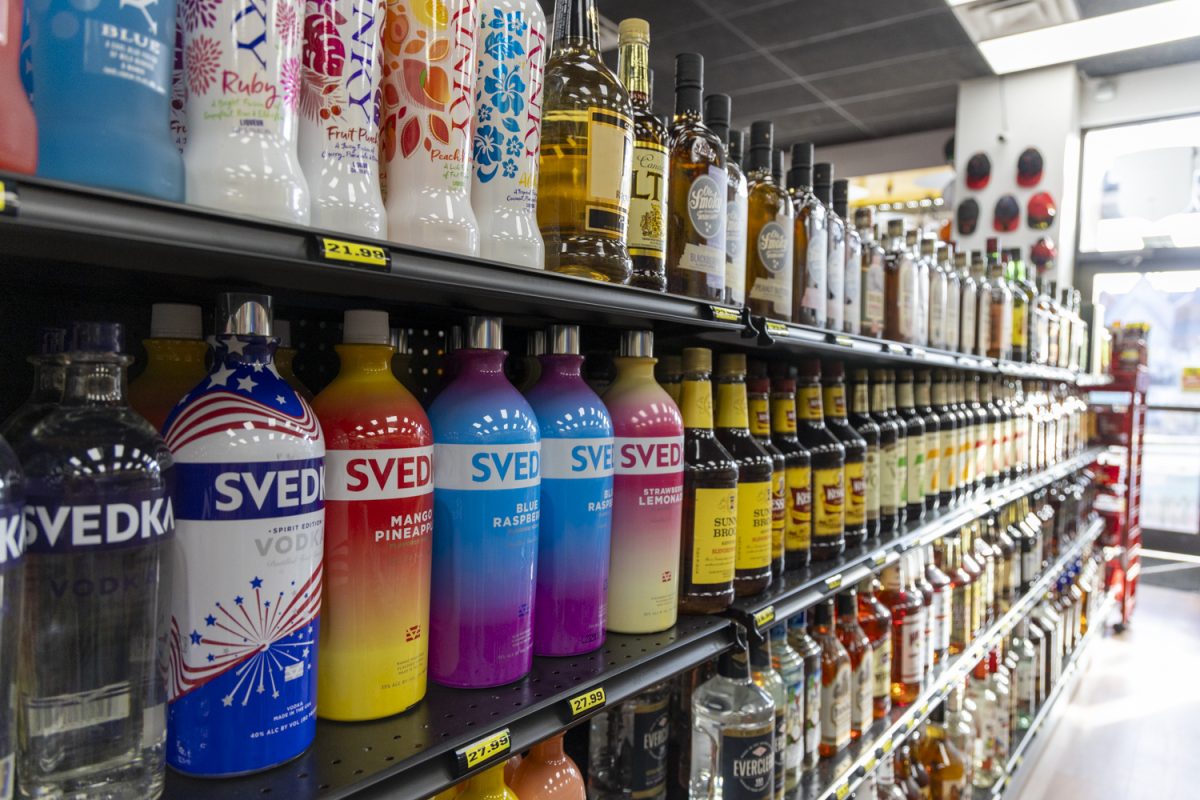Many Americans understand the risks of excessive drinking such as liver damage, drunk driving accidents, and addiction. But what far fewer realize is even light or moderate drinking is linked to an increase in seven different types of cancer.
That connection was highlighted in a recent advisory from the former U.S. Surgeon General Vivek Murthy and the 2024 Cancer in Iowa report.
Recognizing the need for more awareness, both reports call for more robust preventative measures.
The advisory warns that alcohol is a known carcinogen, contributing to nearly 100,000 cancer cases and 20,000 cancer deaths annually in the U.S. It stresses no amount of alcohol is completely safe and calls for clearer warning labels on alcohol containers and public education to help consumers make informed decisions.
The 2024 Cancer in Iowa report noted Iowa has the second-highest and fastest-growing rate of new cancers in the country. Iowa also ranks fourth in the nation for binge drinking and alcohol-related cancers in the U.S.
Paul Gilbert, a University of Iowa researcher specializing in drinking patterns, noted that each annual Cancer in Iowa report highlights a key theme — such as racial and economic disparities in cancer rates — and this year, the focus was on alcohol’s role in cancer risk.
“The majority of people are unaware of this connection between alcohol and cancer, whereas it’s different for, say, cigarettes,” Gilbert said. “People know that this is risky, even smokers know it. But there’s a much lower level of awareness about this connection between alcohol consumption and cancers.”
Addressing this lack of awareness, the Surgeon General’s alcohol advisory made several recommendations, including updating warning labels on alcohol containers to be more visible and clearly stating the associated cancer risk.
Gilbert said he views this as an important step, noting the current warning labels on alcohol containers are out of date.
“The labels that come on bottles or cans of beverages have been the same for about four decades, and it’s time to update them,” Gilbert said.
Gilbert noted that while a clear warning label alone may not be sufficient to drive significant behavioral change among alcohol consumers, providing this information is essential, as individuals cannot be expected to modify their behavior without access to accurate risk information.
“Just having information is oftentimes a poor motivator to change,” Gilbert said. “But it’s a necessary first step.”
Mark Vander Weg, a professor in the UI’s Department of Community and Behavioral Health, underscored a key point emphasized in both the Surgeon General’s advisory and the 2024 Cancer in Iowa report: the concept of a “safe” level of alcohol consumption.
RELATED: Iowa again ranks second for highest, fastest-growing number of cancer cases in US
“We haven’t thought as much about the health risks of alcohol use, except in the context of very high levels of use and the implications of long-term excessive alcohol intake,” Vander Weg said. “And what this report is telling us is that we need to be paying attention at even much lower levels of use.”
The Surgeon General’s advisory states that even consuming one drink per day may elevate the risk of certain cancers, including breast, mouth, and throat cancers. Similarly, the 2024 Cancer in Iowa report highlights that while binge drinking poses a heightened cancer risk, any level of alcohol consumption contributes to increased risk.
“There’s a relationship between the risk in the amount that you consume, and so the more you consume the greater the risk is,” Vander Weg said. “At the same time, there is some risk to even very low amounts of alcohol intake. So even consuming as much as one to two drinks per day increases our risk for certain forms of cancer.”
Vander Weg said this new report is important, as many people’s misconceptions about the risk of drinking are informed by older research, such as a 2017 study noting light to moderate daily alcohol consumption is associated with a lower risk of cardiovascular disease.
“The more recent data is challenging that [the misconceptions],” Vander Weg said. “More of the studies that we’re seeing now are suggesting that alcohol probably isn’t protective for cardiovascular disease, and so the health benefits that were touted were probably not entirely accurate.”



